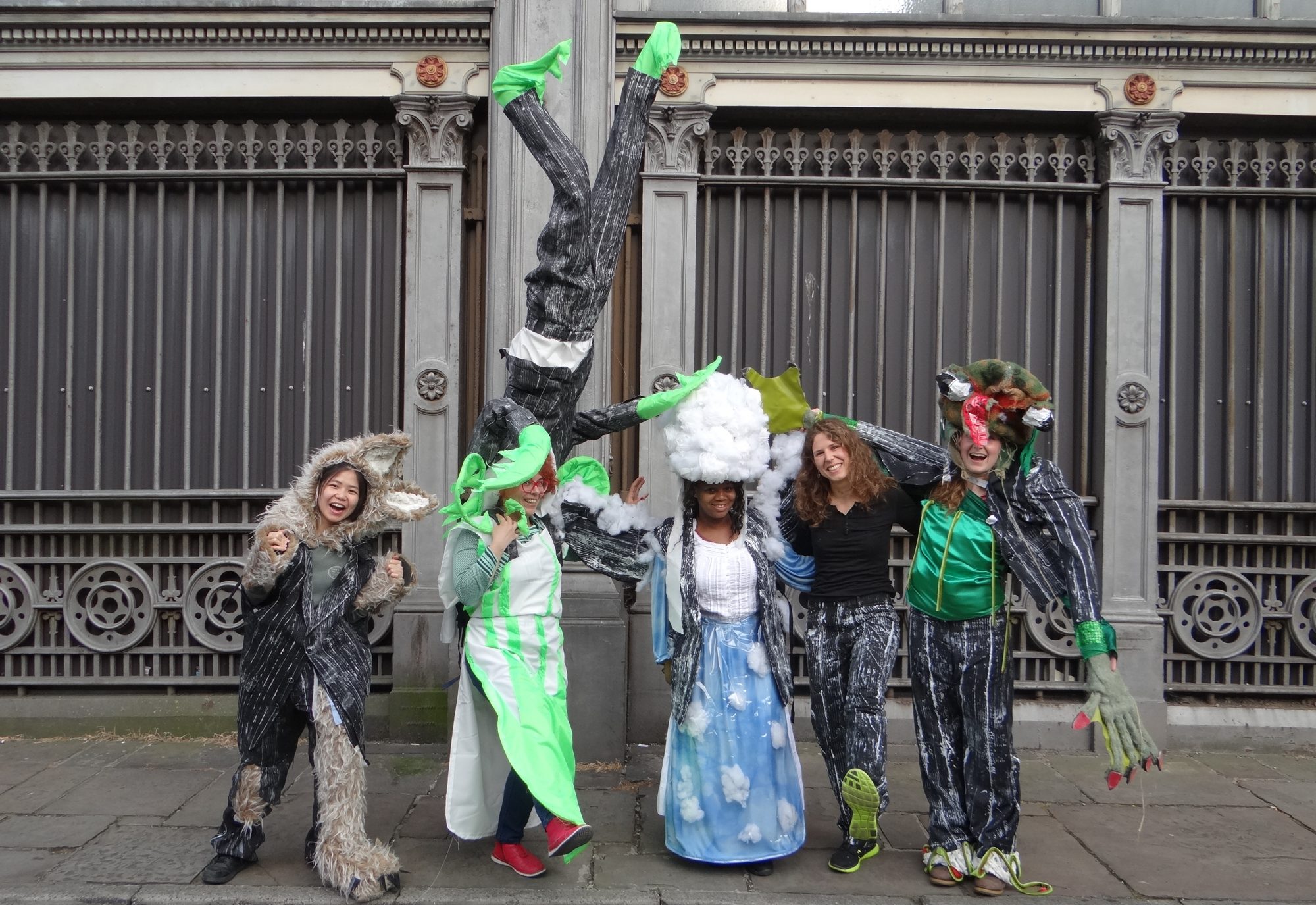Mediating processes of boundary crossing
Our retreats and workshops are designed as safe spaces for groups and individuals to reflect, connect, create, learn and become outside of everyday routines, rules, and hierarchies. We think about retreats and workshops in anthropological terms as “liminal” spaces, as spaces in-between. Our retreats offer mediated spaces for gentle, guided transgression – boundary crossing. Processes that necessitate forms of boundary crossing are among others developing ideas, writing, creating music and art; building communities and self-exploration; experiential learning in a multi- or intercultural context, or also traditional rites-of-passage such as marriage.
We design and facilitate retreats and workshops for groups, individuals, families, for businesses, organizations, and for the higher education context. If you are interested in a longer collaboration, we will develop a sustainable training strategy for your context and break it down into a series of workshops.
Retreats for Researchers: Liminal Thinking Capacity
Our retreats and residentials for researchers are based on the concept of Liminal Thinking Capacity. They support Academics – Doctoral Students, Early Career Researchers, and Senior Academics – to take ownership of their professional uniqueness: their capacity to travel unknown territories and develop innovative ideas and complex thoughts, through research and writing. Liminal Thinking Capacity is a set of skills, that allows researchers to more readily enter the realm of intellectual liminality that is often associated with stress and anxiety, while at the same time providing them with tools to prevent health risks that come with it. Another aspect of Liminal Thinking Capacity is the work with Academics on their professional community. Liminal Thinking Capacity encourages researchers to revisit the ways, in which they connect in their research community, to reconsider the values on the basis of which they engage with their colleagues, and to reimagine the big and small conversations that shape their research community. FairerTales organises Liminal Thinking Capacity workshops for researchers in different stages of their career.
Collaboration & the Betzavta Method
Collaboration is an essential skill for contemporary, connected researchers. Yet working together in the field or in the lab, or collaborating on ideas, and on texts is probably one of the biggest challenges researchers can face. In the age of competing ideas and intellectual ownership honest sharing of ideas, but also letting go of one’s ideas in favour of other suggestions is not only a difficult personal decision, but implies professional consequences. To truly collaborate, we have to understand our ethics of collaboration and the assumptions we hold about working together. We need to understand and reflect on the attachments we have to ideas, theories, opinions and to recognize and respect that others are probably attached to other sets of ideas. How to find a conversation if we hold on to very different views and experiences? Betzavta is a method that was developed to train democratic group processes from the grass roots. It is not goal oriented, but trains us to be more conscious of our respective “truths”, “opinions”, and styles of communicating in groups, and provides a tool for practicing collaboration more consciously and for reflecting on our own ways of collaborating with others. FairerTales offers Betzavta collaboration workshops for researchers.
